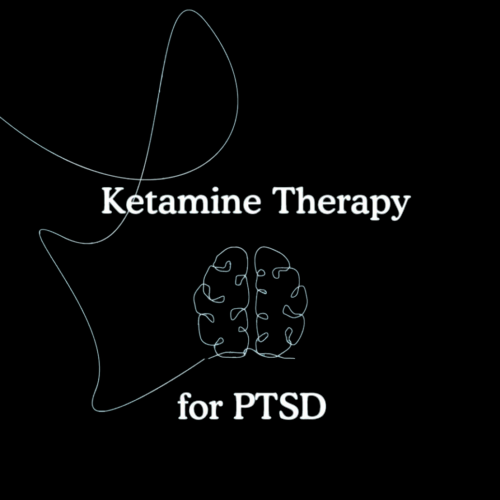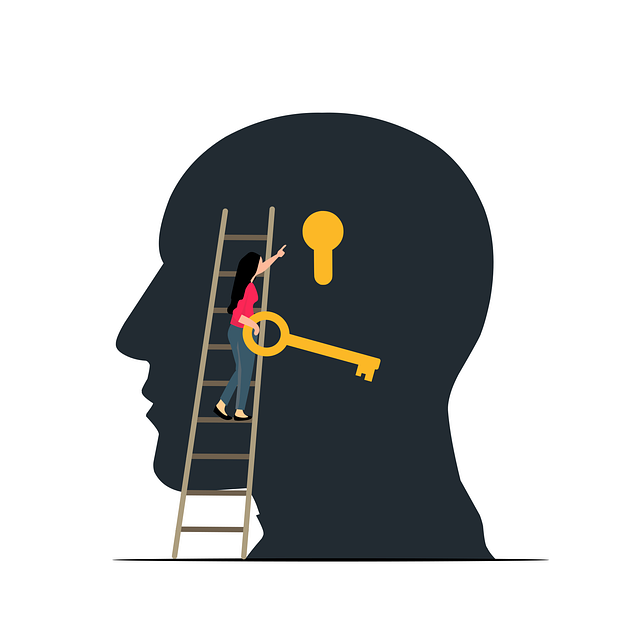Role of counselling in mental well-being is vital. Counselors see patients of all ages and from a variety of backgrounds. A counselor’s responsibilities range widely, from listening to a client to assisting them in solving problems. If you’re interested in becoming a counselor, understanding what counseling is might help you better grasp the function of a counselor. This article examines the definition of counseling, the role of a counselor, and how to become one.
What is counselling?
A few things are involved in counselling. Counselling is defined as a therapeutic session in which a qualified therapist listens to the client and assists them in resolving various emotional problems. These elements are crucial to understand in order to have a better understanding of counselling:
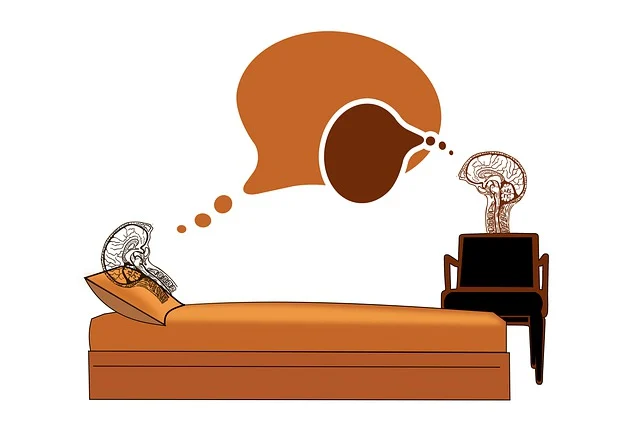
- A process: Counseling is an interactive process in which a client and a counselor schedule a time to discuss the feelings and situations that are stressing the client out and to provide guidance on coping strategies.
- Therapy: In counseling, a counselor also looks at a client’s thoughts, feelings, and actions in order to help him view his problems in a new light.
- A trusting relationship is essential to counseling because it calls for a great deal of confidentiality and also confidence. A counsellor’s clients’ information is always kept completely private.
What makes counseling so important?
Everyone can benefit from counseling, but it can be especially helpful for those going through transitions or overcoming obstacles. The client can openly express their thoughts and feelings during counseling. A counselor offers guidance or suggested courses of action while listening without passing judgment. This can facilitate the client’s ability to communicate their feelings to the counselor, who serves as a support system.
A client seeking counseling might also get insight into their problems and feelings. It might be difficult for clients to make sense of their emotions, but they can gain understanding by discussing their experiences with a counselor. Gaining more self-awareness of their feelings might assist them in solving their issues and determining what actions to take following each session.
Role of counselor or therapist
A counselor or therapist assists clients in exploring their most difficult problems, identifying underlying causes, and making progress toward a happier, better life. They act as a confidante, advisor, and source of support.

Finding and Resolving Fundamental Problems
A counselor primary responsibility is to assist clients in facing and comprehending their ingrained emotional problems. counselor establish a safe, accepting space through open communication and an exploration process that empowers patients to communicate their own emotions and ideas. This secure place is essential for openness and vulnerability because it enables people to identify the causes of their problems. Through gaining insight into the fundamental problems that fuel their emotional upheaval, individuals can start tackling and resolving these difficulties, paving the way for significant transformation and recovery.
Encourage the Healing of Emotions
counselor are crucial in helping patients heal from past traumas and emotional suffering. They assist people in processing and integrating these trying events through the use of different evidence-based trauma therapies, which promotes healing and a sense of completeness. counselor assist their patients in coming to a comprehensive comprehension and acceptance of their feelings. This kind assistance enables people to make peace with their history and lay the groundwork for a future that is more resilient.
Promoting Authenticity and Self-Discovery
A crucial part of therapy is setting off on a path of self-discovery. In order to help their clients live more true to who they are and honestly, therapists advise their patients to delve into their inner lives. Clients are helped to discover and accept their true selves through a variety of techniques, including exploratory exercises, mindfulness exercises, and reflective conversations. People that go through this process of self-discovery become more self-aware and are able to live lives that are consistent with their values and beliefs.
Promoting Growth and Long-Term Transformation
Beyond the treatment sessions, the therapist is dedicated to helping their clients achieve long-term change and personal growth.

Continuous therapy gives people the skills and resources they need to continuously better themselves, which promotes long-term mental health and well-being. By helping their patients to apply the knowledge and abilities they have acquired in therapy to their daily situations, therapists enable their patients to take charge of their lives. The foundation for long-lasting change and a future full of opportunity and progress is laid by the therapist and client working together.
We may appreciate the significant influence that therapy can have on a person’s life when we acknowledge the complex function that a counselor or therapist plays.
Which issues can counseling assist with?
Counselors assist those with issues like these:
Stress related to caring for others;
- financial strain
- loss,
- mourning,
- and bereavement;
- difficulties with mental health and wellness;
- and interpersonal issues
- stress,
- trauma, and
- violence against women
Moreover, counselors can help those suffering from mental diseases by:
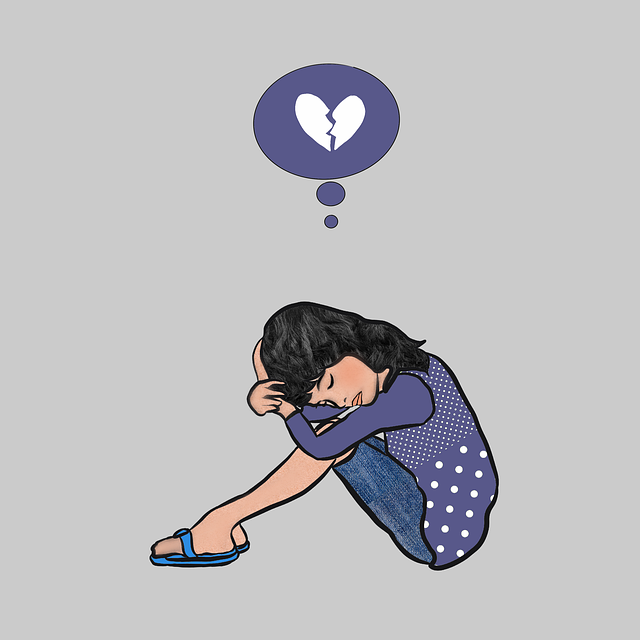
- depression
- anxiety
- depression following childbirth
- anorexia or bulimia eating disorders post-traumatic stress disorder
Additionally, counseling can:
- support for addictions, such as those to drugs, alcohol, or gambling;
- assistance in quitting smoking;
- assistance in controlling your anger
Do I need counselling?
It’s truly up to you, actually, and this is a major question. People may tell you one thing, but you are the only one who can determine what is good for you.
Consider this: there are difficult times in life. Everybody has highs and lows. And when you need assistance, it’s perfectly acceptable to ask for it. That is the purpose of treatment and counseling. It’s a place where you may discuss issues, examine your emotions, and decide what to do next.
Perhaps you need someone to chat to or you feel trapped. Perhaps you have a major thought on your mind. Therapy can be a place to work on whatever it is. You don’t need to face it by yourself. It’s acceptable to seek for assistance because it is available.
Getting the help you require is crucial, regardless of whether you refer to it as therapy or counseling. It’s an individual decision. People visit counseling for a wide range of reasons. It might also be worth a try if you believe it could be helpful. Understanding where you are in life, where you want to go, and how to use the resources you already have to get there is what therapy is all about.
What qualities ought a good counselor to have?
Even if it may appear simple to merely “sit and listen,” a competent counselor needs to have a variety of fundamental abilities that will support the development of a solid therapeutic alliance and guarantee that clients are comfortable in their presence.
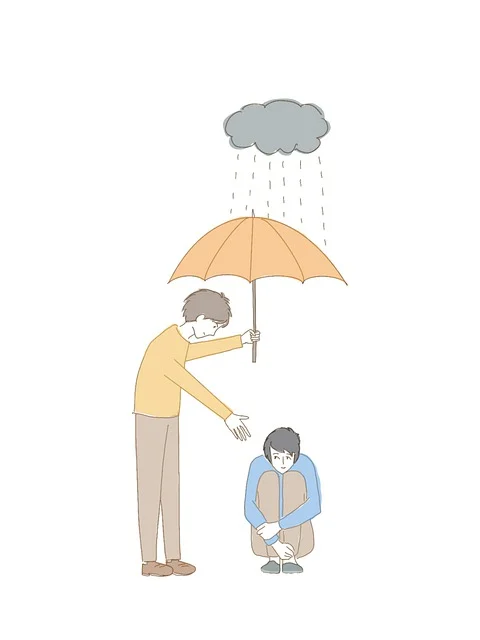
Empathy:
A competent counselor ought to have empathy for their clients’ needs. Empathy is the capacity to mirror another person’s feelings. A counselor must pay attention to what their client says, understand the meaning behind it, and take into account any emotions that the client may be trying to convey through body language and words during a session. Counselors should make a sincere effort to “see the world through the client’s eyes,” “temporarily live the other person’s life,” and share this sense of the person’s life with the client by routinely verifying the accuracy of interpretations.
Interpersonal skills
Interpersonal skills are essential in all aspect of life and are simply the capacity for effective communication. According to American psychologist and counseling guru Carl Rogers, accepting a client “as they are” is critical to the effectiveness of counseling services. To guarantee that the client is in the center of treatment, it is crucial to be sincere and to view them favorably regardless of what they say or reveal.
Unconditional positive regard:
A counselor can demonstrate this by accepting the client’s words without passing judgment on them. Additionally, by being kind and respectful, the counselor also can help the client feel that the information they are providing is important. By asking open-ended inquiries like “I wonder if you can tell me what brings you here today,” counselors can also promote conversation. These are the kinds of inquiries that encourage a client to talk more deeply and for longer stretches of time.

